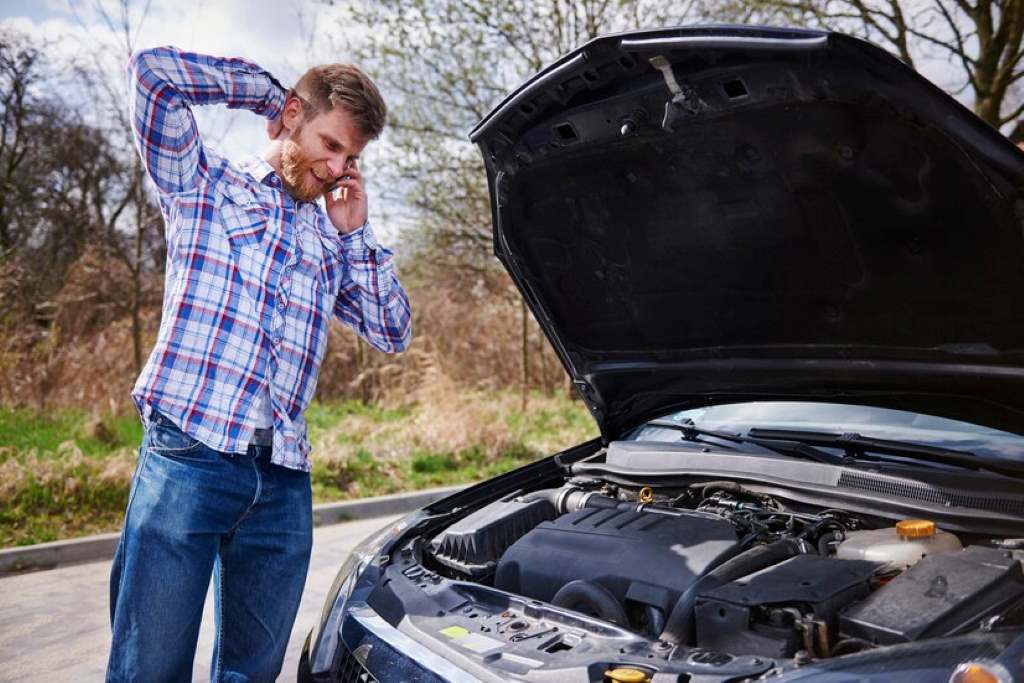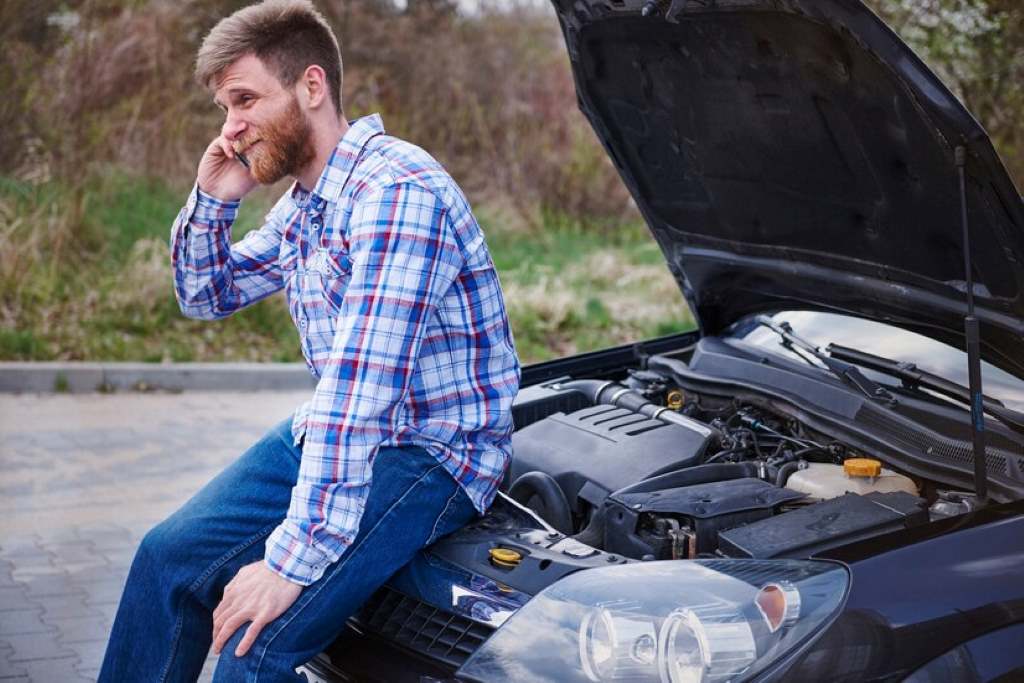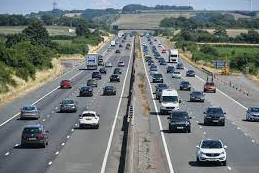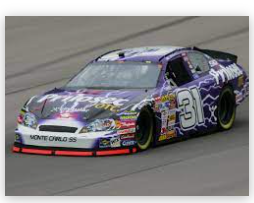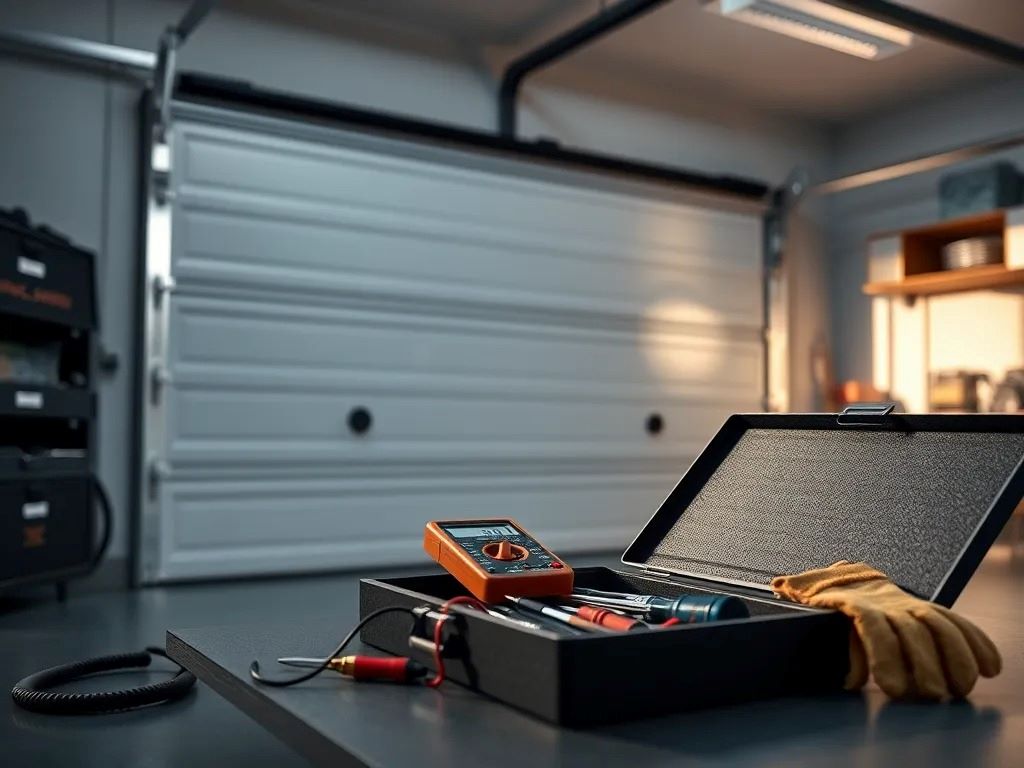Car troubles can be frustrating, and few issues cause as much concern as an overheating engine. The question why is my car overheating pops up frequently, especially during summer road trips or heavy traffic. Understanding this issue not only helps in addressing it promptly but also prevents future breakdowns. In this guide, we’ll explore the root causes, potential fixes, and prevention strategies for car overheating.
Whether you’re dealing with an overheating problem or just want to be prepared, stick around. Plus, if you’re interested in staying informed on similar automotive tips, explore Theothersidemagazine for more insights.
The Basics of Car Overheating
When your car overheats, it’s not just a minor inconvenience—it’s a sign that something isn’t functioning as it should. Overheating occurs when your engine temperature surpasses the optimal range, often due to issues with the cooling system. A well-maintained vehicle should regulate its temperature efficiently, regardless of external conditions. But when things go awry, understanding the reasons becomes critical.
Common Symptoms of an Overheating Engine
Before diving into causes, let’s identify the signs that your engine is overheating:
- Steam or Smoke: Visible steam emanating from the hood.
- Temperature Gauge: A needle consistently in the red zone.
- Burning Smell: Odors of burnt oil or rubber.
- Reduced Performance: Engine power diminishes.
If you notice any of these signs, pull over safely and assess the situation immediately.
What Causes a Car to Overheat?
- Low Coolant Levels
Coolant plays a critical role in absorbing heat and maintaining the engine’s temperature. If your coolant level is too low, it won’t circulate effectively, leading to overheating. This issue often arises from leaks in the radiator, hoses, or water pump. - Faulty Thermostat
The thermostat regulates coolant flow based on the engine’s temperature. If it’s stuck closed, coolant won’t flow, causing the engine to overheat. - Malfunctioning Radiator
Radiators dissipate heat from the coolant. Over time, debris or rust can clog the radiator, making it inefficient and resulting in overheating. - Broken Water Pump
A water pump failure can halt coolant circulation. This is a common issue in older vehicles or those with high mileage. - Blocked Coolant Passages
Sediment and rust can accumulate in the engine’s cooling passages, preventing the smooth flow of coolant. - Damaged Radiator Fan
The fan pulls air through the radiator to cool the coolant. If it’s not working correctly, especially during idle or low-speed driving, overheating can occur. Explore How to Take Care of a Semi Truck.
Immediate Actions to Take When Your Car Overheats
If your car overheats, follow these steps to avoid further damage:
- Turn Off the A/C and Open the Windows: Reduce engine load.
- Turn On the Heater: It may sound counterintuitive, but this can help pull heat away from the engine.
- Pull Over Safely: Stop driving to let the engine cool down.
- Check Coolant Levels: Add coolant if it’s low, but only after the engine has cooled.
Preventing Car Overheating
Prevention is better than cure. Regular maintenance can keep your cooling system in top condition:
- Inspect Coolant Levels: Regularly check and top off coolant as needed.
- Flush the Cooling System: Periodically flush and refill the coolant to remove sediment and rust.
- Check Hoses and Belts: Replace worn-out components to prevent leaks and failures.
What Is the Best Time of Year to Buy a New Car?
While we’re on the topic of car maintenance, have you ever wondered what is the best time of year to buy a new car? Timing matters when replacing your vehicle or upgrading to a model with better cooling systems. Research shows that buying during end-of-year sales or holiday promotions can save you money. Investing in a newer model may also resolve chronic overheating issues.
Expert Insights: Opinions on Car Overheating
Experts agree that overheating is often a sign of neglect. According to the AAA, nearly 40% of breakdowns are due to cooling system failures. Furthermore, many mechanics emphasize the importance of addressing minor issues early to prevent costly repairs down the line.
For instance, a cracked radiator hose may only cost $50–$100 to replace, but ignoring it could lead to a complete engine replacement costing thousands.
Can Driving Habits Cause Overheating?
Yes, your driving style can contribute to overheating. Aggressive acceleration, frequent braking, or driving in stop-and-go traffic puts extra strain on your cooling system. If you tow heavy loads or often drive in extreme heat, consider installing an auxiliary cooling system.
The Cost of Fixing an Overheating Car
The expense of addressing overheating varies:
| Issue | Average Cost |
| Low Coolant Refill | $20–$50 |
| Thermostat Replacement | $150–$300 |
| Radiator Repair/Replace | $200–$1,000+ |
| Water Pump Replacement | $300–$750 |
Preventive maintenance can save you from these hefty costs.
Conclusion
Understanding why is my car overheating empowers you to take swift and effective action. From maintaining coolant levels to addressing faulty components, proactive care can prevent costly repairs and keep you safe on the road.
By addressing overheating promptly and maintaining your vehicle, you ensure smoother, safer drives every time.

